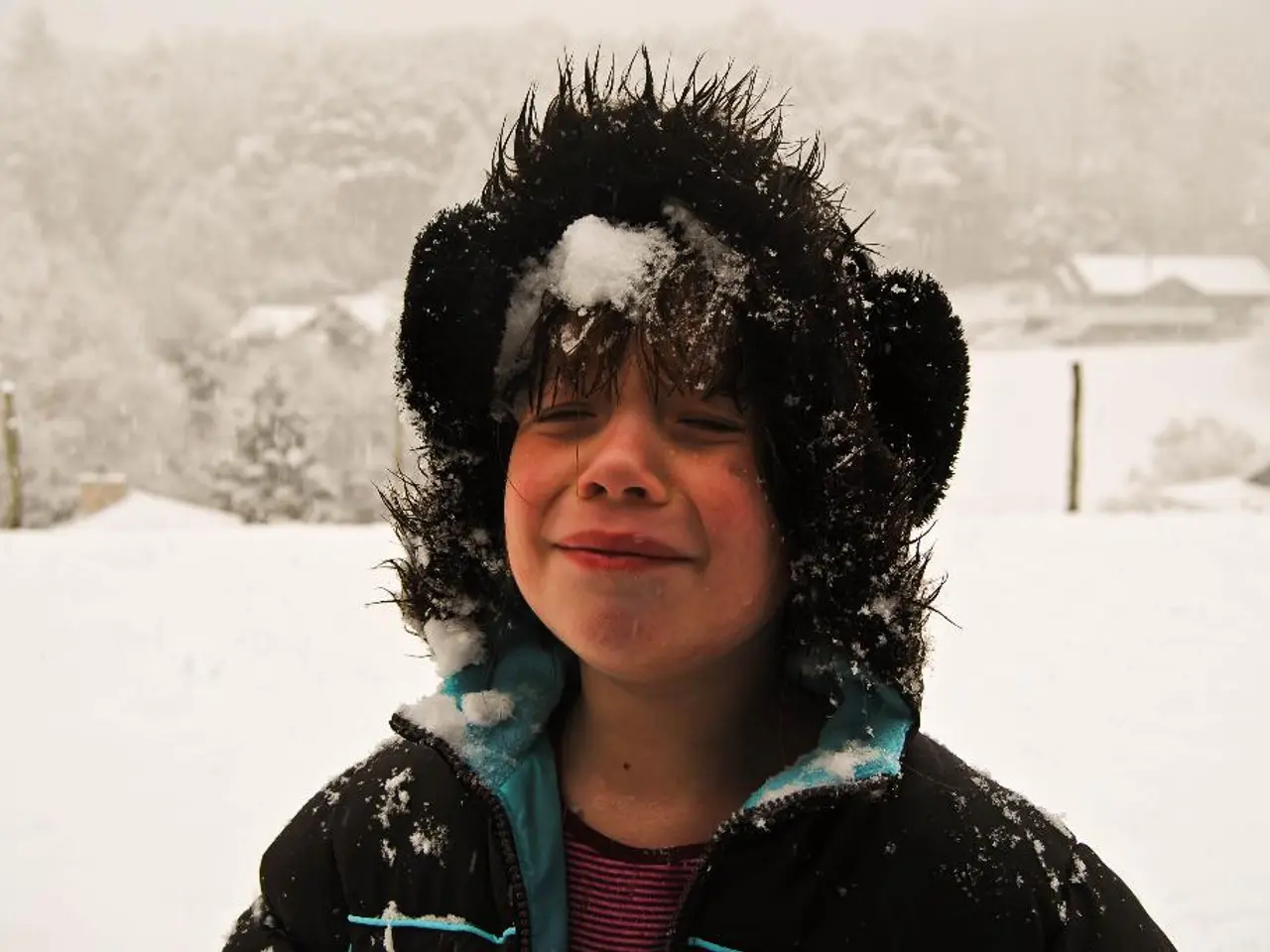One in Seven Parents Report Child's Anger More Intense Than Peers
A recent survey, the 'Difficulties in Emotion Regulation Scale for Parents' (DERS-P), reveals that one in seven parents report their child's anger appears more intense than that of their peers. This highlights a need for better guidance in teaching anger management to children. Many parents struggle with handling their own anger, with seven in ten admitting to difficulties. This presents an opportunity for them to model healthy coping mechanisms for their children. However, schools often play a supportive role but may not always involve parents effectively in teaching anger management strategies. Angry outbursts in children can stem from minor frustrations like disagreements over screen time or meal choices. To manage anger effectively, encouraging calming activities such as counting, deep breathing, or physical outlets can help. Preventive steps also include setting routines, ensuring adequate rest, and avoiding overscheduling to reduce anger triggers. Two in five parents note that anger has led to negative consequences, such as conflicts with friends or school disciplinary actions. Parents play a critical role in helping children recognize and control their anger by teaching them constructive expression methods. As managing anger can be especially difficult for children as they develop their emotional skills, addressing anger also involves understanding triggers and being proactive in preventing situations that provoke intense emotions.





